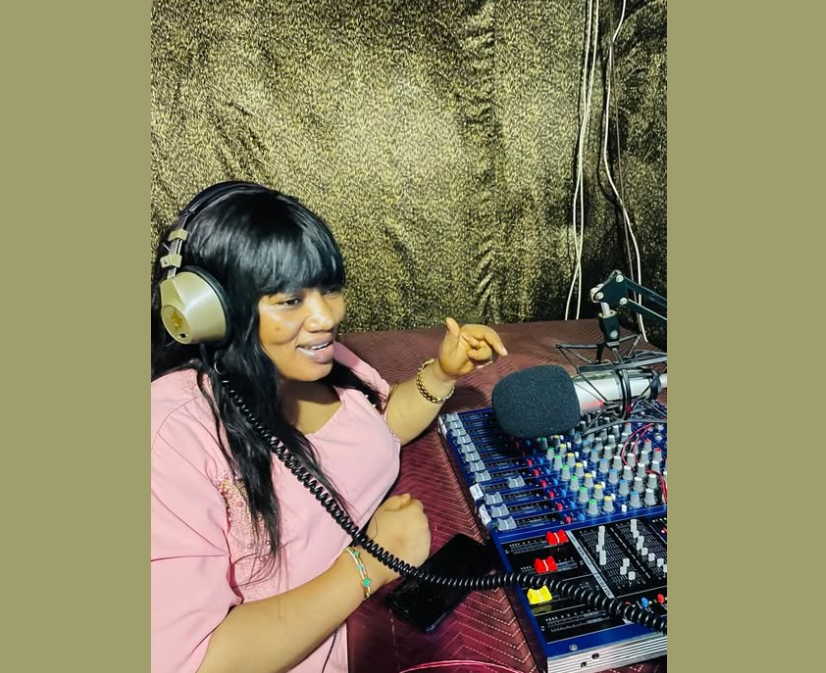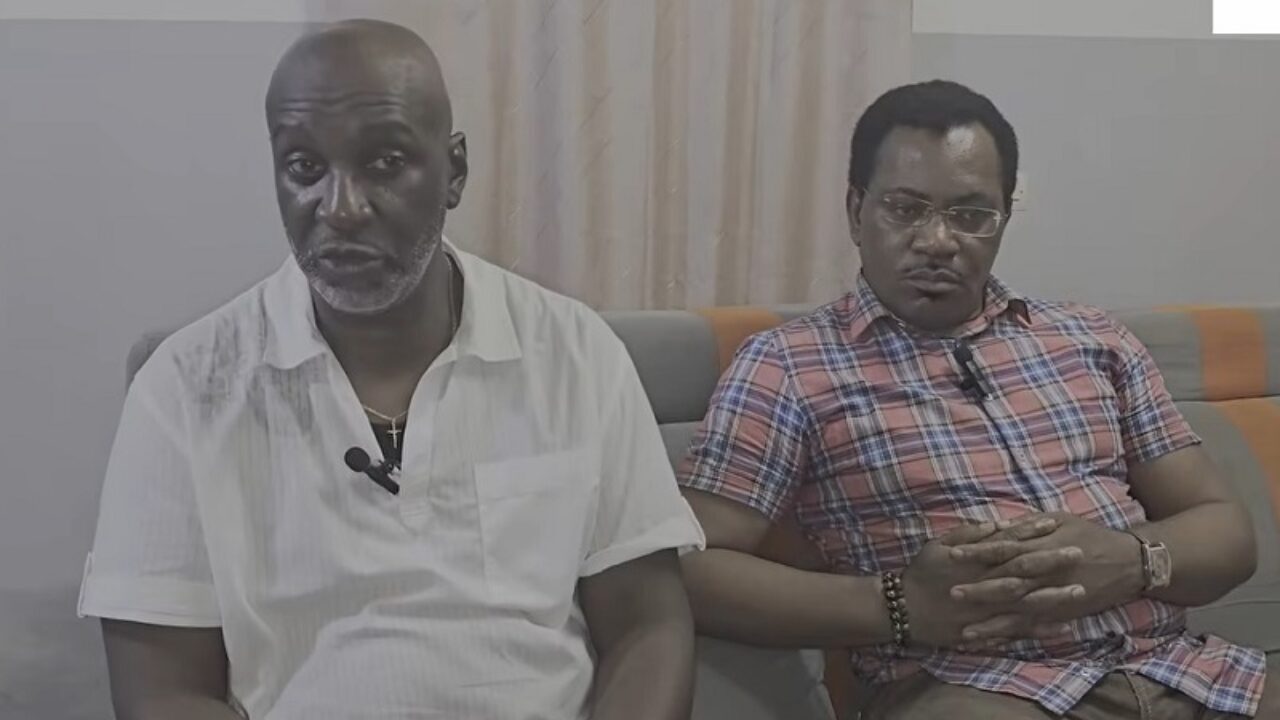Women in the Media Sierra Leone (WIMSAL), together with Robert F. Kennedy Human Rights, has petitioned the ECOWAS Community Court of Justice on behalf of journalist Umu Thoronka. The case contests her dismissal from the Sierra Leone Broadcasting Corporation (SLBC) and highlights persistent gender-based harassment in the country’s media.
Umu Thoronka, a freelance journalist, was fired by SLBC in July 2024 after she posted a TikTok video that showcased the humiliation a woman faced in a Presidential Town Hall meeting for questioning President Julius Maada Bio about the increasing costs of living and food prices. SLBC executives viewed the video as critical of the President and decided to terminate her employment.
WIMSAL argues that Ms. Thoronka’s firing is just one example of a long-standing pattern of sexual harassment, intimidation, and gender discrimination that she has faced at SLBC since 2017. Thoronka has rejected SLBC management’s claim that she was never a reporter and only worked briefly from 2015 to 2018. She says the claim is false and intended to mask the real reasons for her August 2024 dismissal.
She explains that she began volunteering with SLBC in 2014 and rose to become a reporter, presenter and producer for both radio and television. Despite her dedication, she was repeatedly denied a permanent contract. Thoronka recounts that senior staff linked promotions to inappropriate sexual demands, which she refused. She adds that during formal applications in June and November 2020 she was twice redirected to a hotel instead of being offered an employment contract, and when she declined, her applications were rejected.
After her dismissal, Ms. Thoronka experienced threats and online harassment, which ultimately forced her into exile for her safety. She stated, “Our push for justice in the ECOWAS Court aims to end the impunity that allows male counterparts to humiliate, oppress, and harass female journalists like me simply for denying their sexual advances.”
The petition states that Sierra Leone has violated key regional and international human rights laws, including rights related to freedom of expression, personal dignity, non-discrimination, the right to life, and safe working conditions. Kerry Kennedy, President of RFK Human Rights, emphasised, “No one should face harassment, threats, or exile for performing their job. By bringing this case before the ECOWAS Court, we seek justice not just for Umu, but for countless women throughout the region who endure systemic discrimination and violence in their workplaces.”
WIMSAL President, Eastina Taylor, pointed out that Thoronka’s experiences are a reflection of a deeper issue of sexual harassment and a culture of impunity that pervades media organisations in Sierra Leone. “Her situation exemplifies the larger issue of sexual violence and wrongful termination, which has been confirmed by various reports, including a BBC Africa Eye investigation ,” she noted.
The Media Foundation for West Africa (MFWA) supports this petition, and views Thoronka’s case as emblematic of a broader threat to free expression in the region and gender equality in media organisations. The MFWA urges the ECOWAS Court to set a strong precedent against harassment and retaliation, and calls for Thoronka’s reinstatement and stronger anti-harassment measures in media houses.






